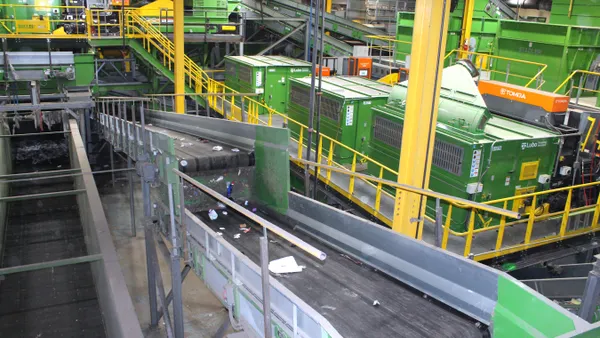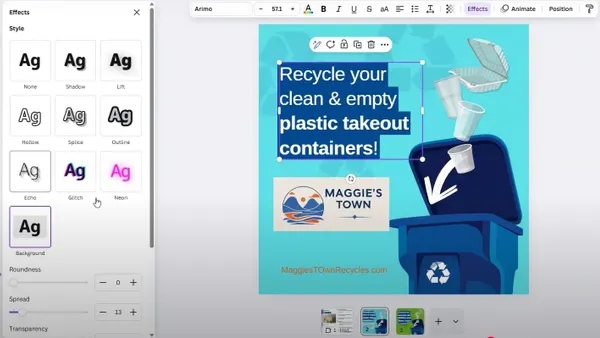Dive Brief:
- People living in multifamily housing in Oregon do not have equal access to recycling services compared with those in single-family homes, and upcoming changes to state recycling laws must address the discrepancies, according to a recycling equity study published by the Oregon Department of Environmental Quality.
- The report, published as a requirement of the state’s multifaceted EPR law passed in 2021, says people living in multifamily housing encounter ongoing issues such as inconsistent service, space constraints, inadequate or inaccessible containers and lack of dedicated funding to make needed improvements.
- The report calls for collecting more and better data on the state’s multifamily recycling situation, as well as requiring producer responsibility organizations to fund improvements.
Dive Insight:
Addressing recycling equity is a major facet of Oregon’s EPR for packaging law, known as the Recycling Modernization Act. In addition to setting rules and requirements for the EPR program, the law also calls for making numerous other recycling improvements, including increasing access to recycling for the state’s estimated 450,000 multifamily housing units.
Currently, about 67% of multifamily properties in Oregon offer some recycling collection, while 33% have none, the report says.
“Making Oregon’s recycling system more equitable and accessible specifically for multifamily communities will help boost recycling rates,” the report said. It could also help reduce litter and dumping issues from overfilled bins at some properties, a problem the report says is sometimes due to non-residents using street-level bins meant for building residents.
Oregon law will require most cities and counties with a population of 4,000 or more to make sure all multifamily residents receive recycling collection beginning July 1, 2026. Local governments will also need to make sure there is “adequate space for collection and adequate levels of collection service at multifamily properties.” However, “no funding has been identified to support the implementation of this requirement,” the report said.
The report outlines numerous challenges for residents of multifamily housing, including:
- Space for collection: Those who live in multifamily housing on average have less space in bins compared to those who live in single-family homes: about 16 gallons of bin space a week compared with 35 to 90 gallons a week for those in single-family homes, according to the report.
- Blocked or inadequate access to containers: Messy, overfilled or blocked enclosures for bins “is one of the primary factors leading to frustration with multifamily recycling programs” because of safety and health concerns. DEQ found that 60% of properties it surveyed had improperly contained or placed materials.
- Insufficient education and outreach: DEQ says residents in multifamily housing units often deal with inadequate, incorrect, missing or confusing messaging around recycling, including on signs and decals.
Issues facing residents of multifamily housing in Oregon mirror challenges across the country. A January report from The Recycling Partnership says most kinds of recycled materials are “under-recycled” in such buildings due in part to uneven access, as well as education and communication gaps.
The Oregon report suggests several improvements. One is for the state legislature to require PROs to provide funding specifically for providing “adequate space” for recycling. Local governments would use funding first to conduct an assessment to determine the best ways to offer buildings improved space for recycling collection. That phase of funding should become available by Nov. 1, 2027, the report says.
A second phase of funding, provided by January 1, 2030, would allow local governments to make the needed space improvements.
The report also calls for multifamily building managers to improve communications with residents about recycling systems. Clearer signage and educational materials in residents’ main languages could help reduce contamination. Buildings could also provide special tote bags for residents to collect and transport materials from their units to the shared recycling collection area.
This first multifamily recycling equity report is meant to serve as a baseline for future reports, which must be submitted to the state legislature every two years to help track the progress of the state’s EPR requirements.
The state’s Recycling System Advisory Council is expected to submit additional reports to the state legislature in 2026. That will include details on other equity issues such as recycling facility worker conditions and pay, recycling education outreach to underserved areas and other updates, according to Katie Romano, a spokesperson for Oregon DEQ.











